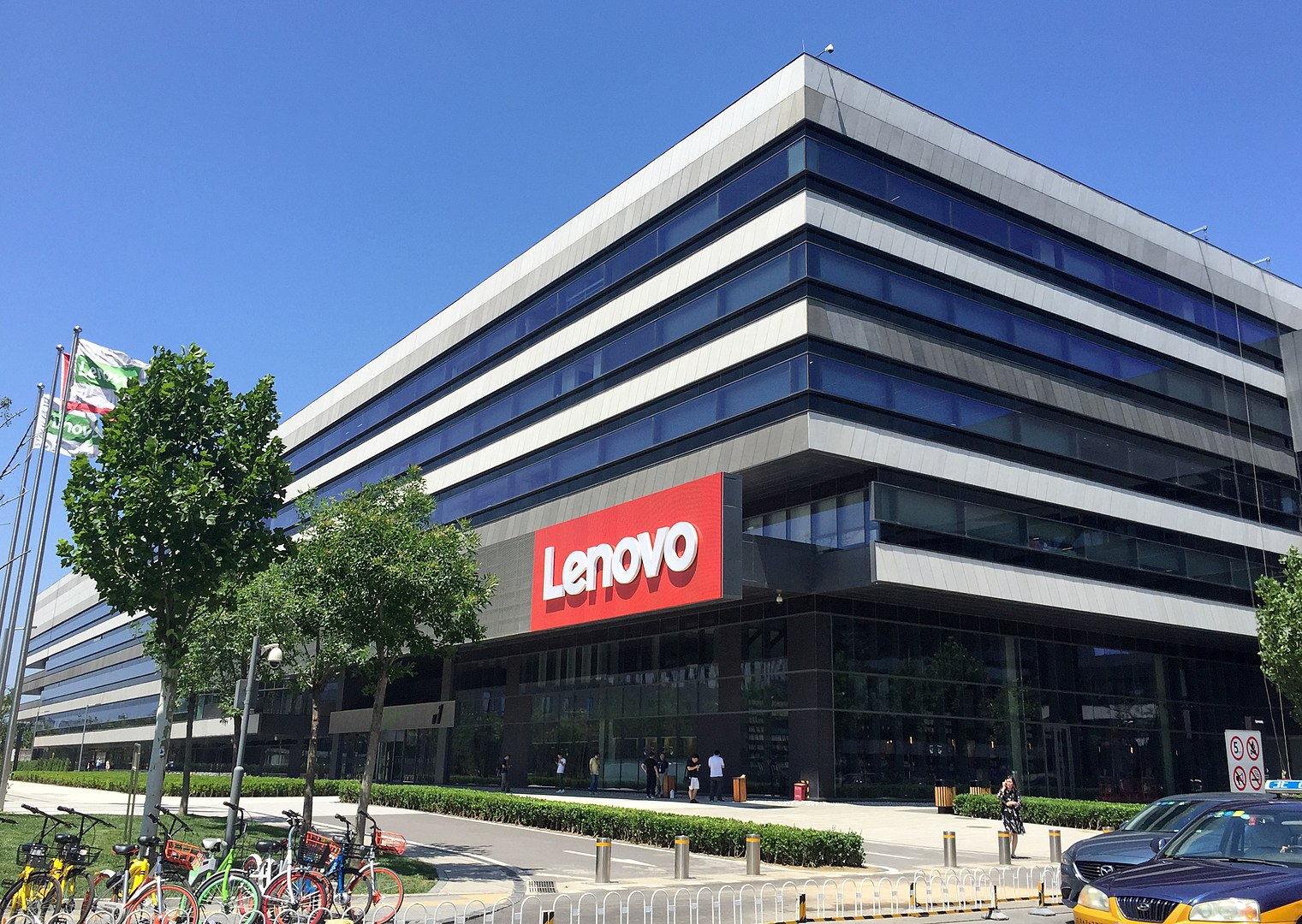The Chinese tech company strengthens its hybrid AI strategy with new services, sector-specific solutions, and key partnerships with Cisco, IBM, and NVIDIA to compete with Dell, HPE, and other industry giants.
Lenovo announced on June 23, 2025, the expansion of its Hybrid AI Advantage strategy, an initiative that combines high-performance infrastructure, AI adoption services, and industry-specific solutions. The goal: to enable businesses to build and operate scalable, efficient “AI factories,” from the edge to the cloud, consolidating Lenovo as a key player in the race for enterprise artificial intelligence.
According to the company’s Global CIO Playbook, two-thirds of organizations have yet to see significant ROI from their AI projects, even though by 2025, spending on artificial intelligence is expected to account for nearly 20% of the total IT budget. The main hurdles continue to be a lack of training, clear strategies, and prepared infrastructure. Lenovo aims to reverse this situation with a comprehensive and flexible offering that addresses all these points.
Ready-to-Deploy Solutions for Key Sectors
Lenovo’s new proposal includes validated solutions for industries such as manufacturing, hospitality, retail, and smart spaces, developed in collaboration with partners like NVIDIA, Intel, and Avathon. The highlighted use cases are:
- Real-time personalization for hotels and resorts, enhancing customer loyalty and operational efficiency, alongside Centific and NVIDIA.
- Occupational risk monitoring with computer vision, thanks to Avathon Visual AI, enabling compliance with safety measures through real-time analysis.
- Crowd analysis and occupancy in commercial spaces or sports venues, with WaitTime and Intel, achieving customer satisfaction increases of up to 30%.
- Quality inspection in factories through automatic defect detection and local model training, in partnership with Trifork and NVIDIA.
Powerful Infrastructure for Deploying Generative Models
Lenovo has also updated its server line with the new ThinkSystem SR680a V4, equipped with Intel Xeon processors and eight NVIDIA Blackwell GPUs, allowing for up to 11 times faster inference for language models compared to previous generations. Additionally, it incorporates advanced network connectivity with NVIDIA NVLink, SuperNICs, and BlueField-3 DPU, optimizing data flow in data centers and intensive workloads.
Key Partnerships: IBM, Cisco, and NVIDIA
To compete with giants like Dell Technologies and Hewlett Packard Enterprise (HPE), which also promote hybrid AI strategies, Lenovo has reinforced its strategic alliances:
- With IBM watsonx, Lenovo integrates its generative AI platform with ThinkSystem servers and Red Hat OpenShift, offering a ready-to-go solution for development, deployment, and governance of advanced models.
- With Cisco, it enhances network performance for its “AI factories” through Spectrum-X technology, achieving network performance 1.6 times better. Moreover, management is centralized through the Cisco Nexus Dashboard.
- With NVIDIA, the focus remains on the total acceleration of workloads using GPUs, DPUs, and AI-optimized switches.
These integrations position Lenovo as a provider of a universal and modular platform that can scale from pilot tests to full enterprise deployments.
Adoption Services and Cultural Change
One of the most innovative aspects of this expansion is the introduction of AI Adoption & Change Management Services, designed to prepare staff for effective collaboration with AI. These include:
- Organizational readiness assessments to measure maturity levels and design specific plans by profile.
- Custom training by roles, with practical use cases and productivity tracking.
- Governance and responsible AI culture, aligning teams with ethical frameworks and best practices.
These services address a critical reality that Lenovo identifies: the lack of support and training for employees is one of the main barriers to scaling AI, something that reports from McKinsey and Deloitte have also acknowledged.
Comparison with Competitors
While Dell invests in its Apex AI strategy, focused on hybrid cloud and on-demand services, and HPE promotes GreenLake for AI with a strong focus on the edge, Lenovo differentiates its offering with a more comprehensive and modular approach, combining training, validated infrastructure, and sector-specific verticalization.
In terms of hardware, the inclusion of NVIDIA Blackwell and DPUs in its latest-generation servers positions Lenovo at the forefront of accelerated processing, competing directly with Dell’s PowerEdge XE9680 and HPE Cray AI Development Environment.
A More Democratic and Personalized AI
With this expansion, Lenovo aims not just to sell hardware but to provide organizations with a complete and accessible ecosystem that enables them to transform their operations through artificial intelligence. From large enterprises to mid-sized organizations, Lenovo’s proposal offers a secure, scalable gateway backed by established technology partners.
The future of enterprise AI appears increasingly hybrid, and Lenovo positions itself as one of the catalysts for this new era.

